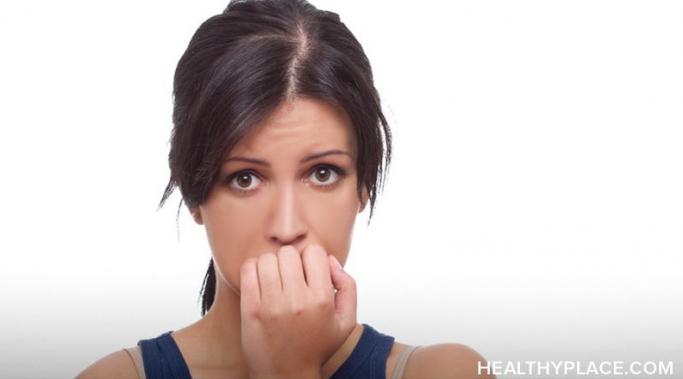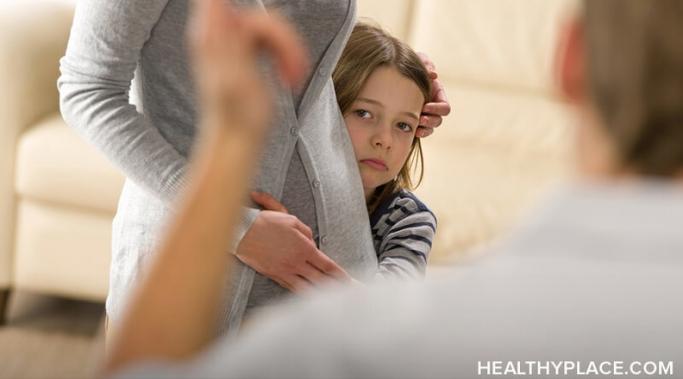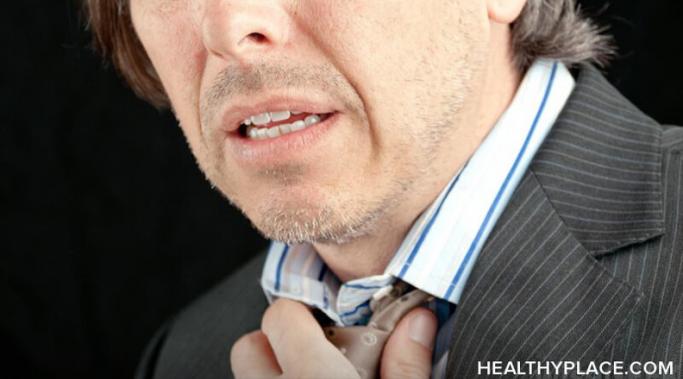Anxiety brings with it a seemingly endless list of struggles and frustrations. A very common frustration and, for me, incredibly bothersome is anxiety’s loud, unrelenting hyperactivity. The feeling of hyperactivity is sometimes related to anxiety's racing thoughts.
Anxiety-Schmanxiety
Have you ever found yourself in a situation where even though what had already happened was minor, you were aware that it could have lead to a more serious situation? The best example I can come up with is a three-year-old with matches. What is actually happening is a toddler standing there holding a pack of matches. What adults envision is the entire house engulfed in flames.
Throughout my life, I've been known to be a worrier. To be honest, “worrier” is a bit of an understatement. Better descriptors of my worry are generalized anxiety disorder and social anxiety disorder. I've lost countless hours of sleep and taken enjoyment out of the most joyful activities simply by worrying and ruminating. Why didn't I do this? Why did I say that? What if this happens? What if that doesn't happen? At one point in my life this was quite problematic for my well-being. Happily, I've overcome this. Of course anxiety flares, and it does it pretty frequently. What’s different now is that I've learned to use anxiety to my advantage. It’s a very effective strategy that you might want to have in your anxiety-fighting toolbox.
A few weeks ago, I wrote a blog post entitled, What Do You Say to Someone During an Anxiety Attack? It was written from the perspective of someone with an anxiety disorder - me - helping someone through an anxiety attack. While this proved to be one of my more popular blog posts, it raised one very big question that I had not considered when I wrote it: What do you say to someone having a panic attack if you have never had one yourself?
The comments I received on the subject questioned whether or not a friend or relative could offer any support at all. One comment stated, “It sounds like anxiety attack support is meaningless, but there must be something a relative could do.”
Anxiety and sleep problems can have a twisted, rather enmeshed relationship with each other. They each have a similar goal: to make us miserable. They are evil little accomplices on a mission to rule our world. It’s bad enough when just one of them is working its sinister plan within us, but when they join forces and attack us simultaneously, it’s downright miserable.
One of the requirements of being a HealthyPlace blogger is personal experience. In other words, having an anxiety disorder qualifies me to be one of the authors of the anxiety blog. More specifically I have panic attacks, crippling self-doubt, paranoia, and general anxiety. My blog application was one of the only times this was a plus.
Weekly blogging isn't an easy thing to do, despite the number of them out there. Topics need to be chosen, research done, comments read and responded to, titles selected, keywords considered, pictures picked, then it needs to be written, formatted, and scheduled all before it goes live for all the world to (hopefully) see.
As a writer, I know other writers, and the general consensus is that publishing anything, even a blog, is stressful. It invokes a sense of anxiety in the most grounded of people. A part of the writer – his work – is out there, waiting to be judged by strangers.
Separation anxiety - the term often conjures an image of a young child in distress, loudly crying and fiercely clinging to a parent. While that’s not inaccurate, it is incomplete. Separation anxiety disorder affects not just children, but adults; in fact, it actually affects more adults than kids (7% vs. 4%). And while adults typically don’t cling to a loved one, loudly wailing, people experiencing adult separation anxiety disorder (ASAD) do feel a very similar degree of distress at the thought of separation from a loved one.
A few days ago, a friend who lives with generalized anxiety disorder called me while in the throes of a severe panic attack. She had been awake for a couple of days, she was crying, and she was terrified. The first words out of her mouth when I answered were, “This is never going to end.”
If worry and anxiety were the keys to success, I’d be ruler of the world. Success - it means different things to different people. Someone might want to be a multi-bajillionaire by the age of 30. Someone else might want to be able to eat a meal that day. We all have goals around finances or relationships or academics or fitness or health or anything else that people need and desire. With goals inevitably comes anxiety.
Everyone has anxiety. It doesn't matter how emotionally or mentally healthy a person is; if you are alive, anxiety will eventually creep up on you and give you a smack upside the head. However, those of us who read anxiety blogs on mental health websites aren't having run-of-the-mill anxiety. For the most part, such readers are people with anxiety disorders.
Because of our anxiety disorders, we tend to look for monumental solutions. After all, if our anxiety issues are larger than the averages person's, then our solution must be larger as well. But is that true? Are we setting ourselves up to fail, creating a self-fulfilling prophecy, or allowing our anxiety to trick us into overreacting? Before we call in the proverbial cavalry to relieve our anxiety, let’s take a look at seven simple ways to stop anxiety.









